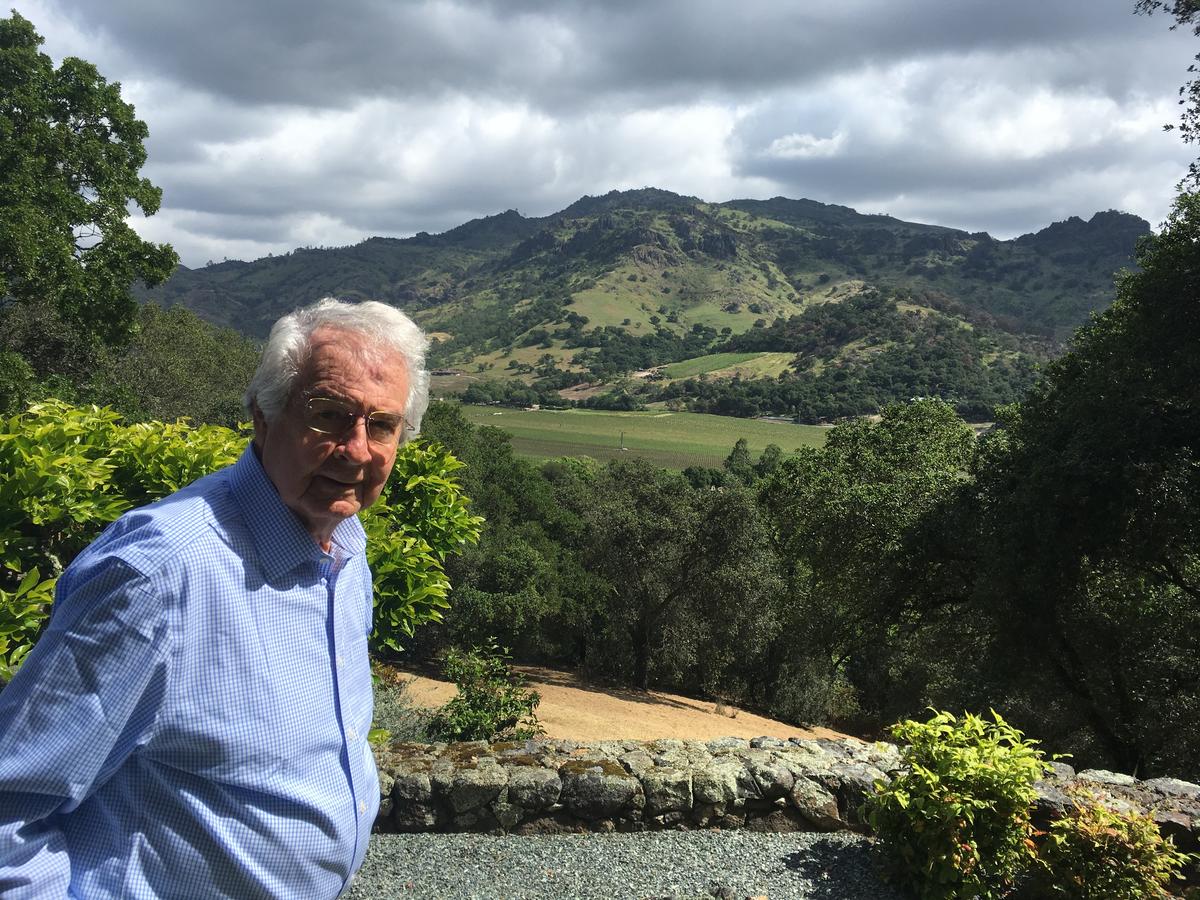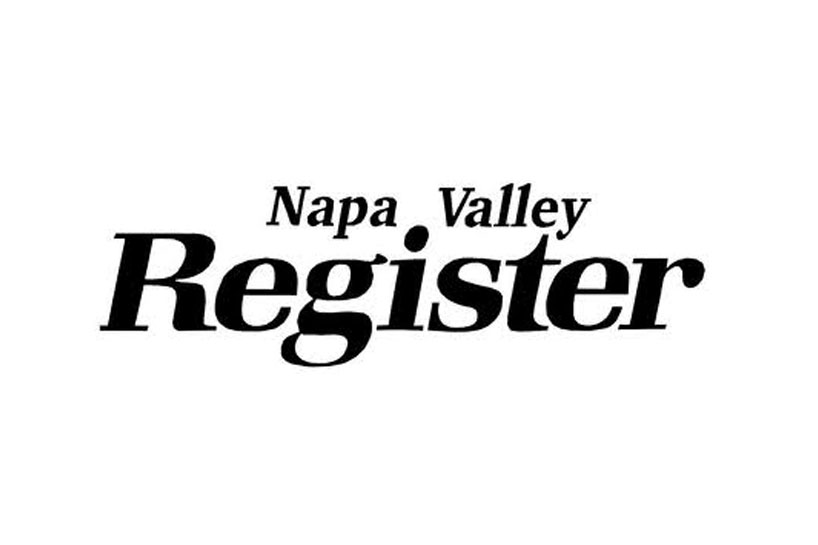The science supporting the Yes vote on Measure C is elementary; we need water.
As little children we were aware of the earth, air, sun, water and plants, primary things needed to sustain us. By the time we reached 15, we’d learned about plants and photosynthesis (though the formula may have been forgotten). We remember the basics, like, where our oxygen comes from. We know, almost instinctively, that the plants best suited to perform these duties are our oak trees.
We are now adults and should be aware as adults. We are not self-sustaining within our cities; we rely on the State Water Project to meet our needs. During minimal rain years, supplies are decreased. Some of our rural neighbors or small farmers must continuously worry about digging deeper wells. We live under drought conditions.
Our oak woodlands capture and contain rainwater preserving it both as surface water and replenishing basin groundwater. Respect our riparian resources; think of our oak trees as our lungs and our watershed as our circulatory system.
Over 15 years ago, in 2002, the Napa County Planning Commission directed staff to review the justification for recommended stream setbacks. An environmental consulting firm was hired to review scientific research (we, as taxpayers, paid the fees). It seems that the primary goal was to find minimal setbacks required to reduce erosion and sedimentation (or meet state and federal regulations).
The overall health and functions of our watershed inclusive of soil types, plant species, and wildlife were neglected. Little consideration was given to effectiveness of oak trees as buffers within the riparian habitat, their functions of capturing water (quantity), nor abilities of filtration (removing chemicals/toxins and pathogens/germs or better water quality). We should have much wider riparian buffers -- let the oak trees do their jobs.
It was a disappointment to read that “…findings should be viewed as optimistic estimates of the function of buffers...” where land has been disturbed or are buffers are not intact. And “In summary, the setbacks proposed in this technical memo generally represent the minimum setbacks needed…or regarding Class I Streams the proposed setback … should be considered extremely conservative from a scientific perspective.”
Materials presented to the county supervisors and the general public advised that we don’t have a healthy, effective watershed. We didn’t pay attention.
“Anything else you’re interested in is not going to happen if you can’t breathe the air and drink the water. Don’t sit this one out. Do something.” -- Carl Sagan
Vote Yes on Measure C the Watershed and Oak Woodland Protection initiative.
Susan Rushing-Hart
Napa









